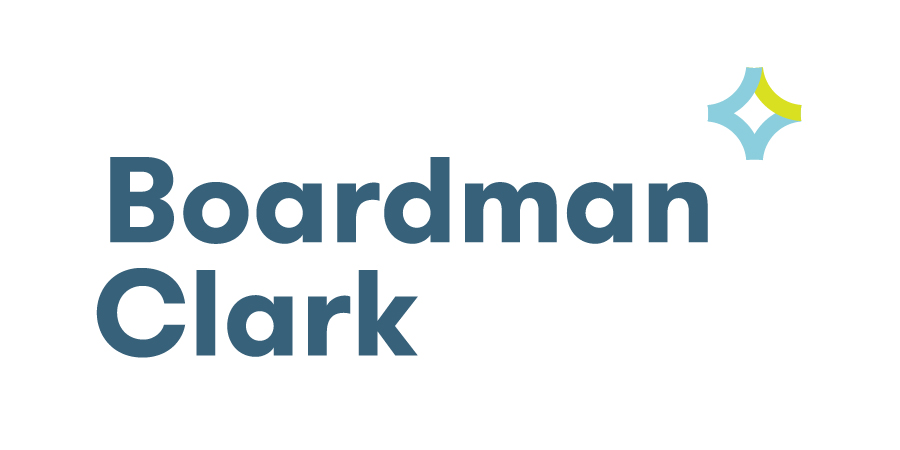Can't I Just Work Through My Break?
 By Emmerson Mirus, Brian Goodman and Storm Larson
By Emmerson Mirus, Brian Goodman and Storm Larson
In Wisconsin, employers do not have to provide break periods for their adult employees. However, in practice, most employers do provide some amount of break time to employees. In order to count as an unpaid break, the employer has to provide at least 30 continuous minutes of break time that is uninterrupted by work, and the employer has to allow the employee to leave the premises during the break. Otherwise, it must be a paid break.
In order to comply with these requirements, employers should ensure that employees accurately record their time for breaks, especially unpaid breaks, to determine whether they actually qualify as unpaid breaks. Employers should avoid automatically deducting a 30-minute unpaid lunch break from all employees due to the possibility that employees are not taking their full lunch breaks. If employees don’t take their full lunch break or work through lunch, they must be paid for that time. For that reason, employers can and should require employees to take their full 30-minute or longer breaks. Failure to do so can result in the entire break becoming a paid break. Because employers control employees’ work schedules, they can decide, on a case-by-case basis, whether or not they want to permit employees to work through their lunch breaks in order to leave early.
Breaks during the workday can be beneficial to both the employee and the employer. However, employers should be aware of this key compliance issue and take steps to minimize potential liability for failing to pay for paid break times.



 This post is locked to comments.
This post is locked to comments.
